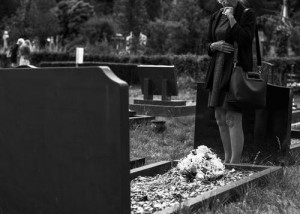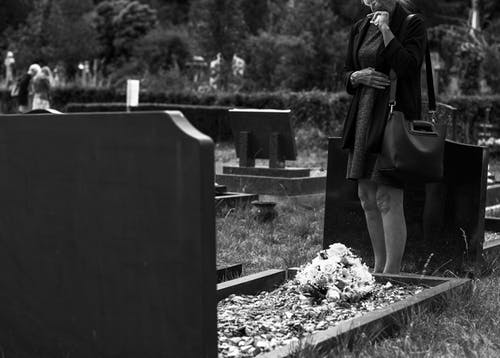Most Christmas Eves for the better part of the past decade, I’ve visited the graves of my paternal Great Grandparents in Kilcash and Grangemockler to lay wreaths at both family plots. It’s a duty that my late Father used to look after annually, a drive that was made additionally poignant for him given that his sister Noreen is also interred in Kilcash.
The village remains stunningly still. While other rural areas along the Suir Valley have grown somewhat busier in recent years, Kilcash appears to have retained a level of serenity I’ve known since childhood.

A thick mist hung over the village on Christmas Eve last, with the graveyard spotlights stunningly presenting its many high crosses in silhouette. I entered the church on the slope of Slievenamon, alone all alone as the famous lyric puts it, and the silence was splendid.
Every Festive season for as long as I can recall, a basket of small cardboard decorations has been positioned on a shelf alongside the Christmas Tree inside Kilcash Church.
Visitors can hang such decorations on the tree, on the reverse of which they are free to write the names of deceased relatives and friends. It’s a lovely touch, and one I have always availed of. The inevitability of time means I’ve had to hang a few more decorations on the tree over the years and I know I’ve at least one more relation, another of ours taken prematurely, to add to the tree in Kilcash nine months from now.
There’s a calm to Christmas Eve – at least in my experience of it – that gives me a rare chance to fully engage life’s handbrake. I sit in that small, beautifully appointed church on the northern flank of the Suir Valley and give myself a few minutes to stop, and remember. Because ultimately, all we’ll eventually be are memories for those we leave behind, so we owe it to ourselves and the still budding branches on our family tree to create as many good memories as we can for them.
Several generations of my family lie beneath the Kilcash sod. I’ve always felt part of that place, just as I have of both Bandon and Skibbereen, where my maternal Great Grandparents hailed from. Deise, Premier and Rebel: a Munster mongrel in the best possible sense.
I’ve never been maudlin about death. I attend Mass most Sundays but, for me, the better place is in the here and now where I’m still standing, breathing and contributing. What lies beyond death is something none of us can absolutely advocate for, whether you’re Pope Francis, the Dalai Lama or Richard Dawkins. So why wait for something that’s been branded as ‘better’? Michael Harding, who has written so eloquently about grief once posed: “Stories insulate us from trauma. When something terrible happens, it’s unpleasant. But later, when we shape a story around the event, we can laugh. As Garcia Marquez said, ‘We relish life more in the remembrance than in the actual experience.'”
Immediate grief detonates the soul. Its blast radius extends for years and can prove too great for some to ever make peace with. There’s no one right and true way to grieve no more than there is one right and true way to love. After all, the shock of losing someone young leaves one lamenting the natural course of the life that they’ve been denied, whereas the loss of someone you’ve known and loved for decades represents a more profound impact on your daily living experience. Both losses are intensified by memories: be it the ones you’ve made or all the ones you’ve missed out on. I don’t wish to imply a biologically-based hierarchy of grief either: be it a couple sharing a bed or mourning siblings, such people experience grief in different manifestations, at differing times and at differing intensity levels.
Living is the best coping mechanism I can think of. It’s getting out of bed and airing the house after the masses have stopped filing through the house to share their sympathies over tea and tart during the wake. It’s in going to the shop for a carton of milk and dealing with the well-intended query you’d be just as happy not to answer but do so to acknowledge a neighbour’s kindness.
It’s in recognising that you’re still here. It’s in remembering what you know your parent, sibling or child would tell you if they still could: that you have to go on, as much for your sake as theirs. More so for yourself, even.Making memories and sharing their stories keeps those we have lost and love fresh in our minds. After all, my Grandad Jimmy’s daffodils are still dancing in the Portlaw breeze, over 30 years after he died, a fitting seasonal remembrance of a gentleman who adored nature.
Those whom we love and have lost are only ever as far away from us as we choose them to be. I’ve chosen to keep my memories of those I’ve mourned just below the surface as a means of channelling my grief.
Terry Pratchett, who knowingly faced mortality in the closing years of his own life, once wrote: “Do you not know that a man is not dead while his name is still spoken?” So speak their names. Tell and shape their stories. Smile and laugh. Grief should not be exclusively wedded to tears.


